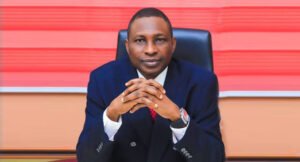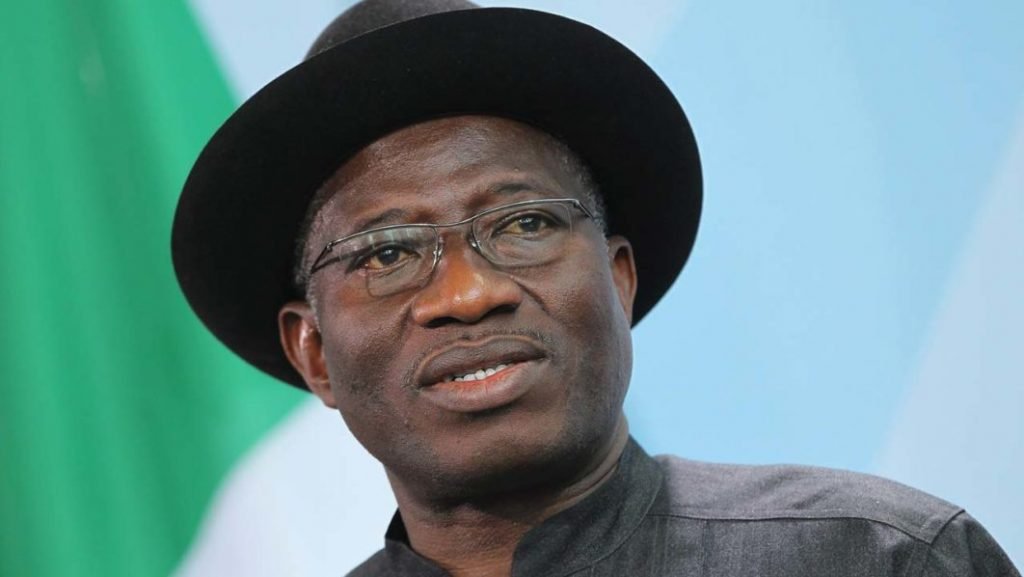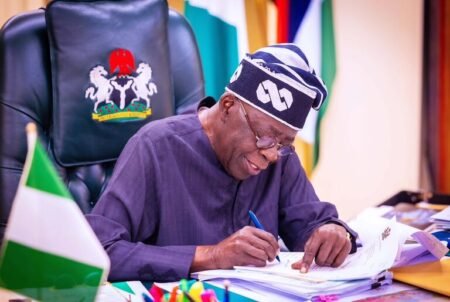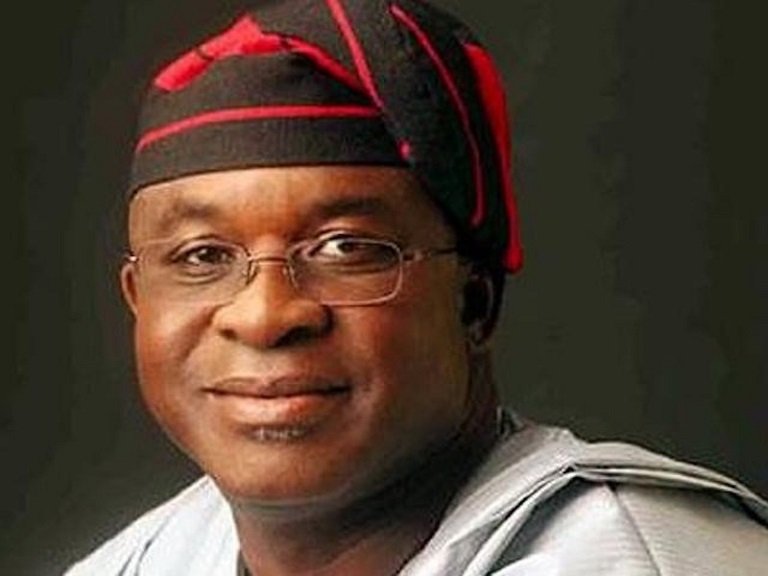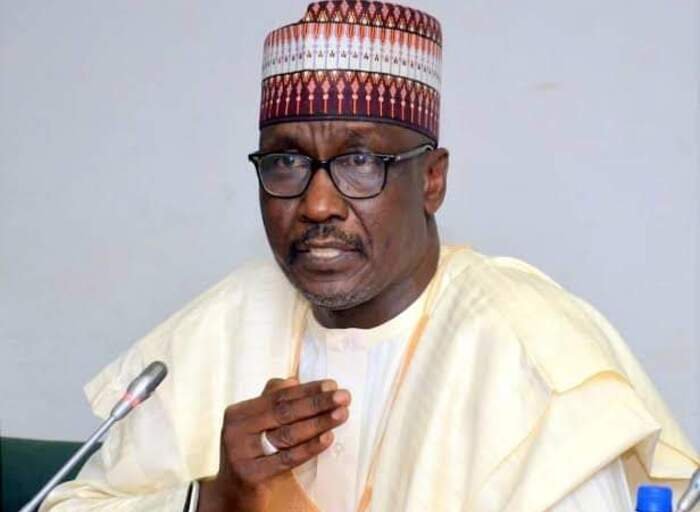Former President Goodluck Jonathan has advocated for comprehensive electoral reforms in Nigeria to deepen democracy, improve accountability, and assure election credibility.
Jonathan spoke on Wednesday at the Abuja School of Social and Political Thought’s National Action Plan for Electoral Reform Dialogue, emphasising the importance of structural changes to improve the country’s democratic processes.
Jonathan, represented by Ann Iyonu, Executive Director of the Goodluck Jonathan Foundation, admitted that, while Nigeria has made progress since its restoration to democratic governance in 1999, the electoral process remains flawed.
“Nigeria has made notable progress since our return to democratic rule, but we must acknowledge that our electoral system still faces significant challenges. If we are truly committed to democracy, we must be bold enough to reform the process to better reflect the will of the people and the principles of justice, accountability, and inclusion,” he said.
Jonathan advocated several key reforms, beginning with the creation of an independent Office of the Registrar of Political Parties, which would be responsible for ensuring internal party democracy and discipline.
“Parties are the foundation of any democracy, but in our context, they have become vulnerable to opportunism and instability.
“We have seen a disturbing rise in the practice of cross-cupping — elected officials defecting from the parties under which they were elected, often without ideological justification or accountability to the electorate.
“To remedy this, we should strongly consider the establishment of an independent Office of the Registrar of Political Parties charged with regulating party operations, promoting internal democracy, and enforcing party discipline.”
Jonathan also added that the registrar should have the “authority to declare the seat of any defector vacant”, noting that this system has worked in countries like Kenya and Malawi.
“This reform would affirm the principle that the electoral mandate belongs to the people and not to individual ambition,” he said.
The former president also advocated for changes to the process of appointing the chairman of the Independent National Electoral Commission, proposing that an independent panel screen and nominate candidates.
“The credibility of elections rests heavily on the neutrality and competence of the independent National Electoral Commission, INEC.
“So many questions have continued to be raised on the propriety of the process of appointing the INEC chairman.
“I believe that Nigeria can also improve the process by establishing an independent screening and nomination mechanism comprising representatives from the judiciary, civil society, academia, trade unions, and professional bodies.
“This reform will reduce perceptions of bias, it will promote public trust in INEC, and enhance the legitimacy of its decisions,” Jonathan added.
He further emphasised the importance of resolving all post-election disputes before the swearing-in of elected officials, arguing that unresolved court cases after elections disrupt governance and erode public confidence.
“It creates confusion and undermines governance when candidates with unresolved election cases assume office only to be later removed by the courts. This undermines the authority of the office and the credibility of the electoral process,” he said.
He proposed streamlining the judicial process by “reducing the number of courts handling electoral cases,” notably for governor and presidential elections, in order to save money and increase efficiency.
“Justice delayed in elections is justice denied, not just for the candidates, but for the electorate,” Jonathan told me.
In his final remarks, Jonathan emphasised that election reforms are critical to establishing a better democracy and are not intended to promote any certain group.
“Democracy is not just about casting ballots. It is about building institutions, promoting accountability, and protecting the rights of the citizens.
“The reforms we are discussing today are not partisan. They are patriotic. They are not meant to benefit any one group, but to strengthen Nigeria,” he concluded.
